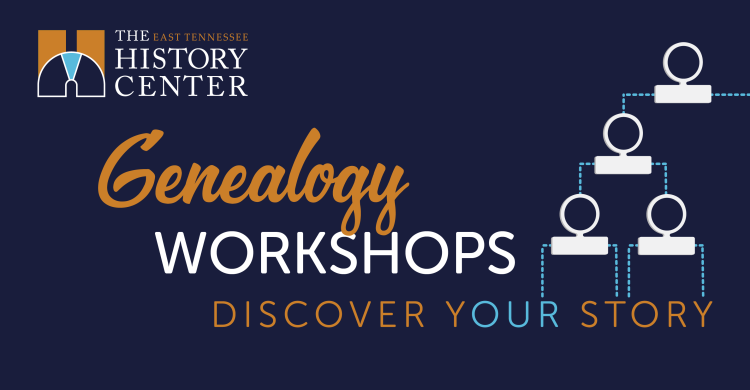Local history is important. It takes the ordinary and makes it extraordinary. There is no local history research topic that is insignificant, because with a shift of perspective, local history becomes county, state, regional, national, or world history.
Local history is human history. The themes considered by a local history research topic–biography, crime, economics, failures, gender, innovations, race, relationships, triumphs, war, work–are universal.
What is local history?
Perhaps it is best to begin with what local history is not. Sometimes local history is associated with other disciplines or words that involve retelling the past. As examples, storytelling may convey historical information, but its real purpose is to entertain. Heritage may seem historic, but it tends toward the sentimental or celebratory and is often tied to family lore. And journalism focuses on the newsworthy, but it usually does not have the luxury of time, which the historical method requires.
Good local history–that is, local history conducted according to standards–is very different. It is methodical, having a focused topic and clear thesis that can be defended. It is interpretive, meaning its arguments are clear, logical, and supported by documented sources. And it is patient, never leaping to conclusions. Most local history topics are not fully brought to life in a matter of minutes or days; they are often the result of weeks, months, or even a lifetime of research.
Local history also works toward an end product that can be shared, such as a printed family history, an article, a book, an exhibition, a documentary, or a website, adding to the increased understanding of a place and its people.
Where to start?
Getting started on a local history research topic may seem overwhelming, but there is a method that will help you be successful.
- First, know that archivists and librarians at the East Tennessee History Center (ETHC) stand ready to help! The Calvin M. McClung Historical Collection, Knox County Archives, and the Tennessee Archive of Moving Image and Sound are replete with primary and secondary sources. Start there. Survey these sources and see what interests you!
- Craft a topic–the who or what that you are going to research–and begin asking research questions–the whens, hows, and whys of your investigation.
- Vigorously and thoroughly document your research by keeping a resource list.
- Take the time to evaluate the sources of evidence you are finding. Primary sources are generated or used by a participant in your topic. Even though they provide first-hand evidence, primary sources may not always be true. Secondary sources are interpretations of evidence. They often take a point of view, such as a newspaper article, which takes on the writer’s point of view of an event.
- What if your sources disagree? Build your arguments on the preponderance of best evidence, and when possible, try to provide at least three pieces of supporting evidence for each of your main tenets.

